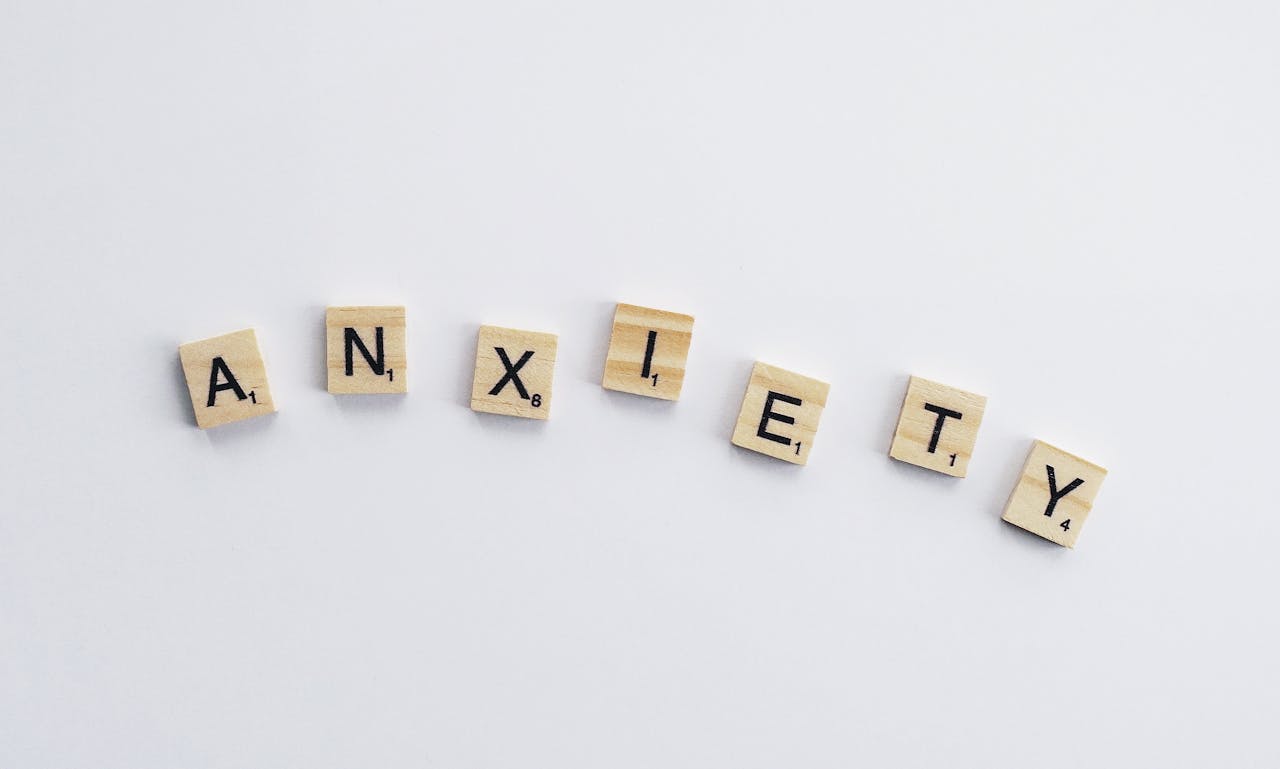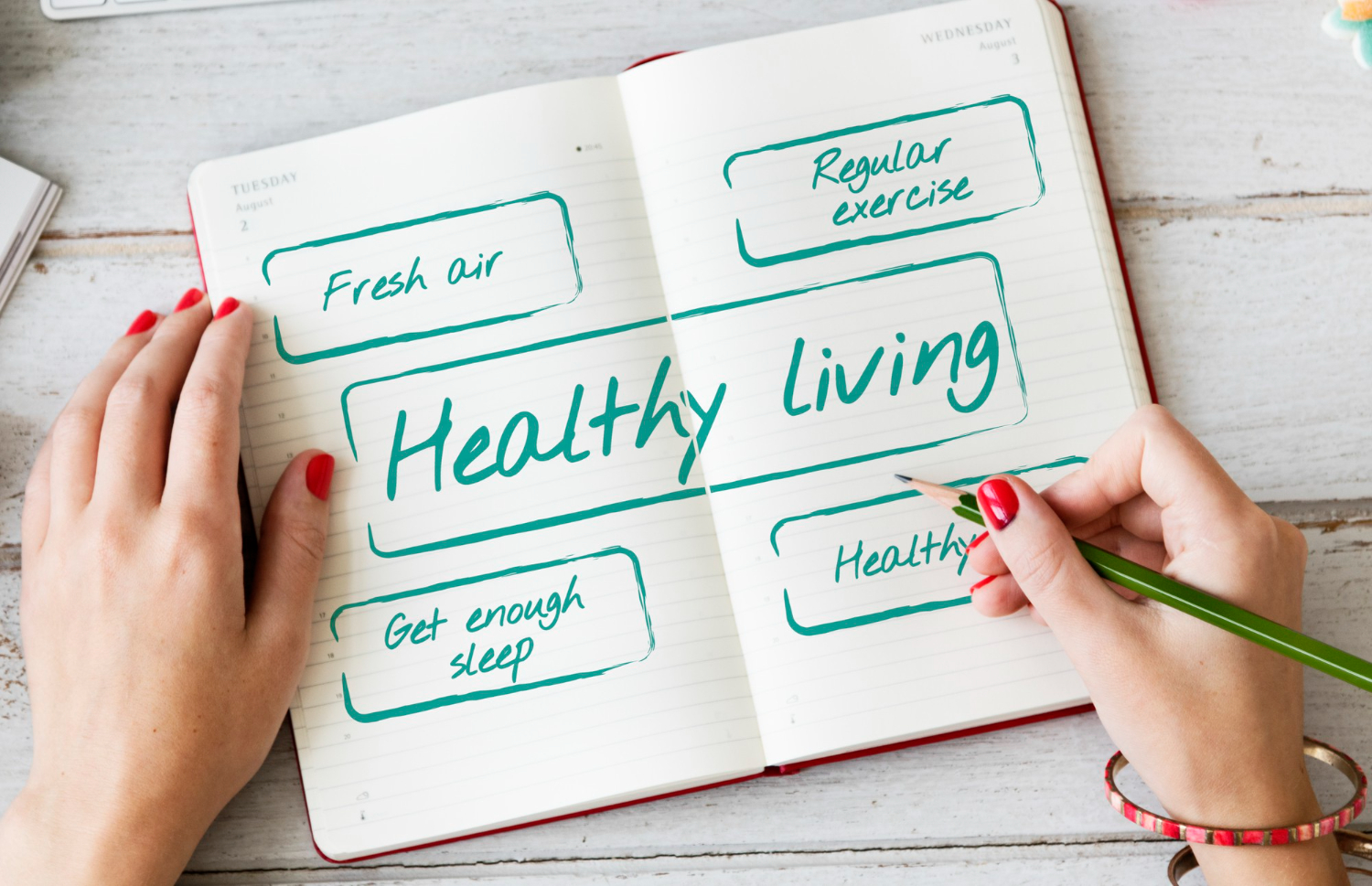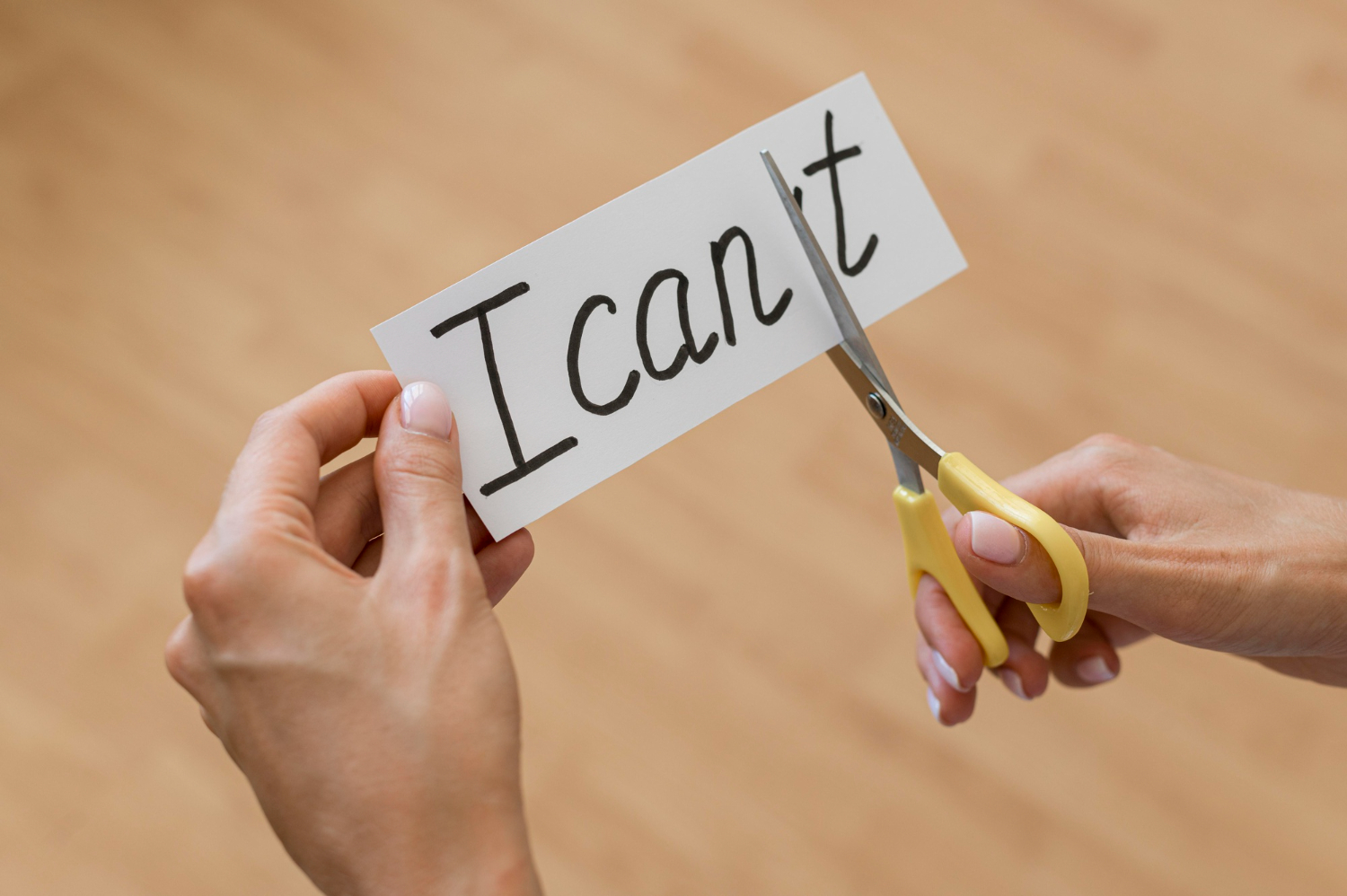Reflection And Self-Discovery: Using Ramadan As A Time For Introspection And Growth

The holy month of Ramadan is a time for deep introspection, empathy, fasting, prayer, and gratitude. It’s a personal journey toward enlightenment that calls for a lot of focus and commitment, which can be accomplished with the assistance of a life coach. Let’s see how we can use this month as a time for self-reflection, introspection, and growth.
Reflection & Self Discovery During Ramadan
The secret to self-awareness is self-reflection, which enables us to examine our thoughts, feelings, emotions, and behaviors objectively. We are able to view ourselves with a newfound interest and curiosity – thanks to this practice.
It is impossible to overstate the value of self-reflection, but if it becomes excessive, it may be unhealthy. Therefore, we have to allow self-reflection to guide us toward development, optimism, and happiness instead. Getting effective guidance through life coaching can help you balance this self-discovery in a positive way.
By self-reflection during ramadan, you can explore your thoughts with interest, curiosity, and inquiry. You start by paying close attention to your body’s sensations, your emotions, and your behaviors. That constitutes the main theme of your experience. The ability to reflect on oneself is crucial for personal development. Without it, we move around oblivious and often get reactive to others and even our own selves.
Introspection & Growth During Ramadan
When we find ourselves searching for answers to no avail, it is usually because the answer is already inside of us. During Ramadan, practicing the art of self-introspection and being introspective will help you find the answers you already possess.
Looking inward to explore your own thoughts and emotions is the practice of introspection. This phrase is frequently used to describe the unofficial act of looking into one’s innermost thoughts and feelings, but it can also be employed formally as an experimental method.
Self-examination through introspection involves analyzing your own traits, behaviors, and motivations. Meditating or praying, particularly meditation that aims to help you better understand your feelings is a straightforward example of introspection.
Self-introspection, or turning inward, is a crucial component of self-awareness and can provide people with new perspectives on their own thoughts, feelings, and actions. We can improve our relationships, develop our sense of self, and our capacity for making decisions by putting self-introspection activities into practice.
We may set up checkpoints for ourselves to tune in and understand how we are truly doing at our core when we deliberately incorporate the self-introspection practice into our Ramadan routine.
Although this kind of healthy introspection can be beneficial and comforting, harmful introspection is also possible. The emotions that surface during self-examination can occasionally not feel good. It can sometimes make you feel bad and lead to a difficult-to-exit spiral. This could develop into ruminating when you replay things you did or had done to you in the past. Self-analysis of this kind will start to work against you and ultimately stop you from taking any meaningful action. This is why it is important to find a life coach who can help you navigate this process much smoothly and in a way that benefits your well-being.
For the majority of people, Ramadan is a month of introspection, gratitude, striving, and bettering oneself. They don’t feel starved because they are unable to eat or drink. Instead, they are grateful and humbled to have the opportunity to be reminded in some little way of what the poor and needful people all across the world are experiencing.
- September 2025
- August 2025
- July 2025
- June 2025
- May 2025
- April 2025
- March 2025
- February 2025
- January 2025
- December 2024
- November 2024
- October 2024
- September 2024
- August 2024
- July 2024
- June 2024
- May 2024
- December 2023
- November 2023
- August 2023
- July 2023
- June 2023
- May 2023
- April 2023
- March 2023
- February 2023
- January 2023
- December 2022
- November 2022
- October 2022
- September 2022
- August 2022
- July 2022
- June 2022
- May 2022
- April 2022
- March 2022
- February 2022
- January 2022
- December 2021
- November 2021
- October 2021
- September 2021
- August 2021
- July 2021
- June 2021
- May 2021
- April 2021
- March 2020
- February 2020
- January 2020
- December 2019
- November 2019
- October 2019
- September 2019
- August 2019
- July 2019
- June 2019
- May 2019
- April 2019
- March 2019
- February 2019
- January 2019
- December 2018
- November 2018
- October 2018
- September 2018
- August 2018
- July 2015
- May 2014






